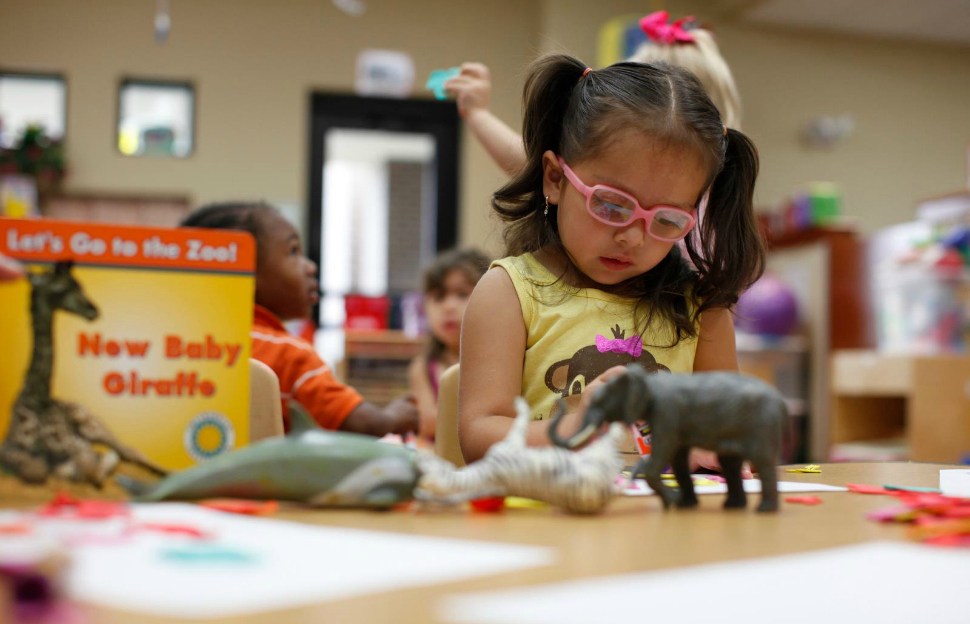BTN.com LiveBIG Staff, May 17, 2017
In the past few years, conversations about income inequality went from a wonky topic debated at Davos to a hot-button issue able to drive insurgent U.S. presidential campaigns.
As any economist, scientist or philosopher could tell you, knowing a problem exists is a far cry from creating a solution, especially for a problem with multiple pressure points like poverty.
Though a new three-year study from Northwestern has not yet provided all the answers, some ideas on a holistic solution are emerging from the results in its first year.
The study is led by Lindsay Chase-Lansdale, director of the Northwestern University Two-Generation Research Initiative – an effort named for a poverty-fighting program that provides services to both youth and their parents.
The program is called CareerAdvance and is administered by the Community Action Project (CAP) of Tulsa County, Oklahoma:
CareerAdvance links intensive, high-quality education, job training and career-building programs for low-income parents with early childhood education services for their young children.
The researchers are tracking three key indicators - parents? education and employment, parents? psychological wellbeing and children?s attendance among approximately 250 Head Start children and their parents, half of whom participated in CareerAdvance, while the other half are a matched-comparison group, receiving Head Start services only.
Most solutions for combating poverty recommend interventions that address not only jobs and wages, but family support and social safety nets so CareerAdvance?s multi-generational approach fits in well. Initial fundings say parents in the program have a higher level of commitment, self-efficacy and and optimism than those in a control group. Children in the program have shown increased school attendance.
The full report is available from the Aspen Institute.







